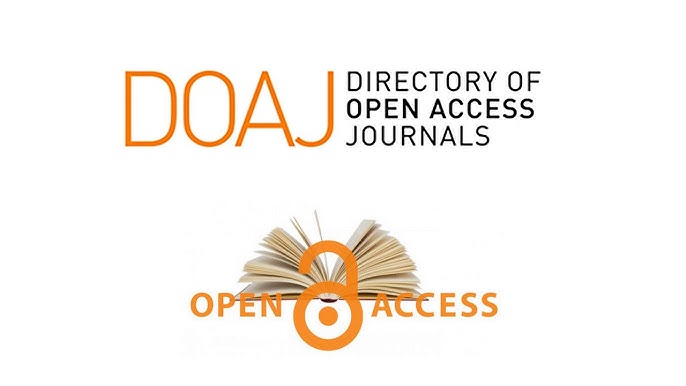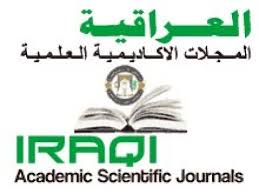Contemporary Developments in Digital Hate Speech: Information Laundering Theory as a Model
Abstract
This study aims to delineate the most circuitous and twisted maneuver in the digital strategy of hate speech, namely, information laundering and its articulation in a disguised manner enveloped with objectivity and neutrality. The significance of this study lies in the escalating volume of social interactions within digital environments compared to the physical world, as digital environments are less bound by ethical and legal standards, thus becoming a fertile ground for individuals and groups propagating discourse dominated by hate and aggression. The study is structured into three main sections; the first section elaborates on the concept of hate speech, while the second section delves into the discussion of hate speech in the digital age. The third section elucidates the nature of information laundering, its convoluted role in disseminating contemporary hate speech, and the mechanisms it employs in doing so. The key conclusion drawn from the study is that digital hate speech has been actively modifying its offensive strategy to circumvent public aversion towards its direct methods, instead opting to disseminate false, truncated, or distorted information under the guise of misleading information cloaked in the garb of scientific and formal objectivity.



